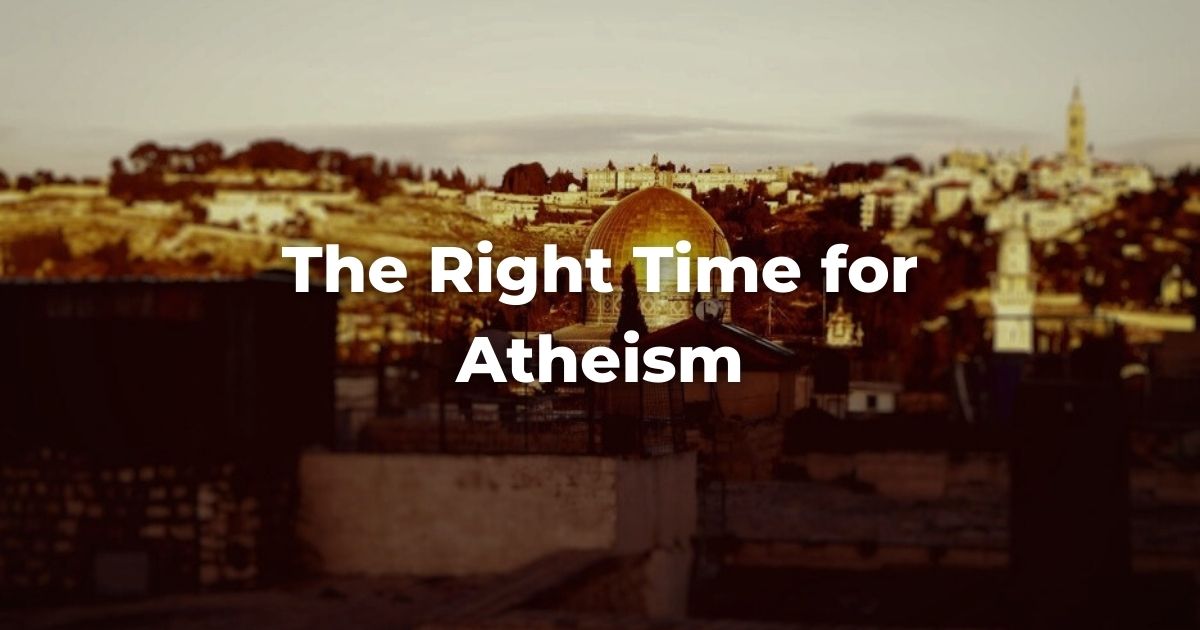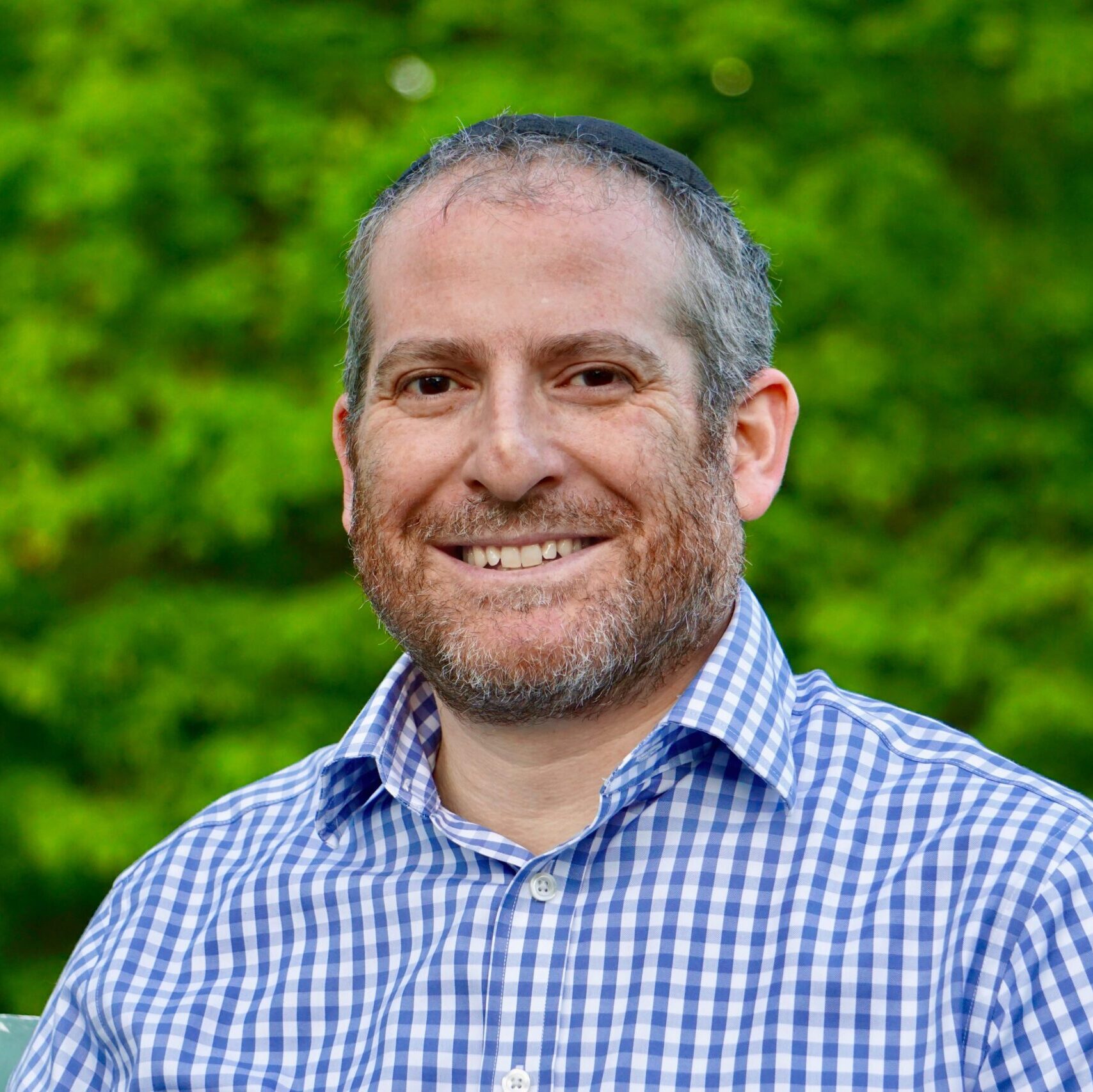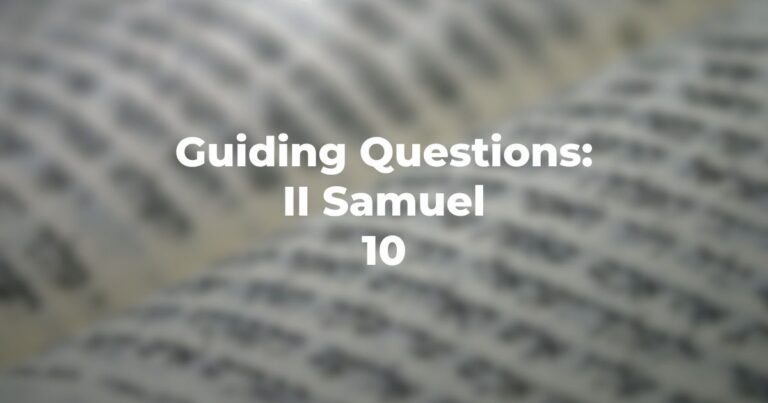This week’s Torah portion, when read in the context of the ongoing war in Israel and Gaza, in the context of the binding of children into captivity or into the uniforms of soldiers, in the context of the abandoned and abducted, is remarkably painful.
In Vayera, we find several incidents that hit close to home at this dangerous and difficult time. We begin with the childlessness of Sarah and Avraham; though the angels say that relief is on the way, Sarah still has a hard time believing.
Avraham’s negotiation on behalf of the benighted people of Sodom and Amorah – where Avraham’s heir-apparent, Lot, lives – ends in what can only be described as a horrific disappointment for Avraham: the complete destruction of the two cities and the flight of Avraham’s extended family. On their way from the destruction of their city, they lose their wife and mother.
The family then hides in a cave, a bomb shelter of sorts, wondering if the world around them has ended. What follows is too tragic to include here.
Then, in a matter of verses, but stretched in time in the columns of the TorahRefers to the first five books of the Hebrew Bible, the Tanakh, also called the Five Books of Moses, Pentateuch or the Hebrew equivalent, Humash. This is also called the Written Torah. The term may also refer to teachings that expound on Jewish tradition. Read more, we read about the exile of a child and his mother and their miraculous redemption. The penultimate section, “The Binding of Isaac,” has, for generations, been a story used to express Jewish sorrow at the loss of children.
It’s an awful lot of tragedy, and it echoes imagery and stories that we are seeing in our lives, the lives of our people and neighbors and relatives.
One aspect of the tragedy unfolding around us is an unprecedented outpouring of religious action. I have read stories of mass assemblies of individuals and communities to recite psalms, tehillim. Denominational divides have, in some places, evaporated in the face of the tragedy.
The social action is also overwhelming. Donations of every sort, financial and material, are heading to Israel and, I hope, in parallel to innocents in other communities affected by the violence.
In my opinion, this is a great time for atheism.
Keep reading, please.
A couple of stories come to mind. On the final meal on the 8th day of Passover, Breslov Hasidim have a custom of telling the tale of the Baal Shem Tov’s attempt to visit the Land of Israel. It is a beautiful story and is filled with sweetness. The Baal Shem Tov, on his way from Russia to Israel, is in Istanbul for Passover and is invited by a wealthy couple to have seder with them. While saying Hallel, the psalms of praise, he goes into a trance, as if he is having a stroke. It lasts for a few minutes, and then he comes out of it and screams, “If that’s the case I’ll serve my Creator from now on without the benefit of going to Heaven!”
You see, the couple who hosted him were childless, and every doctor and miracle worker they went to couldn’t help. Their last chance, they thought, was to find this miracle worker, the Baal Shem Tov. They went east from their home in a massive carriage with 8 horses, they arrived in the Baal Shem Tov’s town and found that he had departed to Israel via Istanbul. They followed his trail and eventually caught up with him just before Pesach.
How happy! Finally, he is helping people, knowing that there will be no benefit to him in the afterlife. Doing good for absolutely its own sake.
Another brief story:
A short exchange is recorded in the name of Rebbe Moshe Leib Sassov. One of his students asked, “You’ve taught us that everything in creation has a Divine reason, part of the plan, as it were. But I cannot understand why God created atheism.” Rebbe Moshe Leib responded, “The atheist is a great teacher. While many do mitzvot and good deeds for the sake of Heaven, spiritual reward or because it is commanded, the atheist does the good deed only because the other is in need.”
The latter story is the story of Avraham arguing with God to try and stop the destruction of Sodom and Amorah. Think about the situation: of course, Avraham believes in God, but when he argues with God he doesn’t believe. Because if he believed in that moment, how could he argue!? It’s what God said, after all. Who would argue with God’s explicit voice?
When Avraham welcomes the strangers to the tent, he is an atheist, these people are hungry and tired. He doesn’t know that they are angels or messengers of God.
So, there are two aspects of Avraham here:
The first is the Avraham, who walked around praying for a son for years. At times like this, many people turn to God as a source of comfort and a character with whom they can find reassurance, begging for hope and deliverance.
Then there is Avraham, who turns to God and says: I’m sorry, but I need to turn off my faith for a moment and speak truth to power. I need to argue for the sinners, for the hurt, for those who don’t even acknowledge you.
The first Avraham is very hard for some. The second is hard for others. But both are vitally important to our nation.
The Baal Shem Tov – who certainly had so many merits – is so happy when he finds out he can do good for its own sake. What joy!
In this terrible time: do good like there is no God. Pray like there is no good.
Author
-

Rabbi Mordechai Rackover serves as Editor in Chief of Exploring Judaism and Director of Publications and Digital Engagement at The Rabbinical Assembly. He has a background in education, campus work, and the pulpit. Mordechai studied for nearly a decade in a number of Yeshivot in Israel and has a BA in Jewish Studies from McGill University and an MA in Jewish Communal Leadership from Brandeis University. When not working he can be found reading or cooking and occasionally catering. Check out his Instagram for mouthwatering shots.
View all posts






